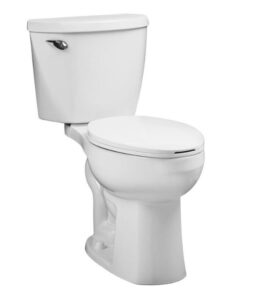When you have small fibroids (non-cancerous tumors in your uterus), you may not have any symptoms. You may not even know they are there. But when your tumors are large, they can cause problems like pelvic pain, heavy periods, constipation and bladder problems.
Today, we're going to talk about fibroids and your bladder: why they are connected and how you can deal with symptoms. First, let's explore why fibroids can impact your need to pee.

According to research published in the Journal of American Obstetrics & Gynecology, large fibroids change the size of your uterus. And, when your uterus changes size, it can put pressure on your bladder, giving you a frequent, urgent need to pee.
That same study found that, when women treated their fibroids, their need to urinate became less frequent. What didn't disappear, however, was the "urge incontinence," many women experienced. Urge incontinence is a sudden, urgent need to pee. It means your bladder goes from 'just fine' to 'about to have an accident' with almost no warning. And, since uterine fibroid treatment doesn't always clear up this symptom on its own, here are some helpful tips for retraining your bladder, courtesy of the American College of Physicians.
The main purpose of retraining your bladder is to go to the bathroom less frequently every day. So, to start off, the ACOP recommends keeping a 'pee journal,' recording the number of times, and the time at which, you urinate each day. The goal is to stretch out the amount of time between each trip to the bathroom. In order to help you extend time between toilet trips, they suggest the following:
Bladder control problems can be embarrassing and take a toll on your life. But, with proper fibroid treatment without surgery and some bladder retraining, you can get back to feeling like yourself!
As leading fibroid specialists in Houston, we can help you get back to doing the things you love – free of pain and symptoms associated with this diagnosis.

Scheduling
Please contact our dedicated specialists to schedule a consultation today.
2025 Houston Fibroids. All rights reserved. Website Design by Healthcare Success